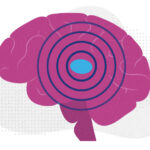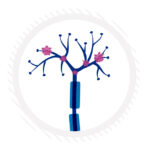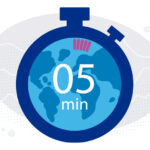Samantha’s story: ‘I was bullied by a classmate’
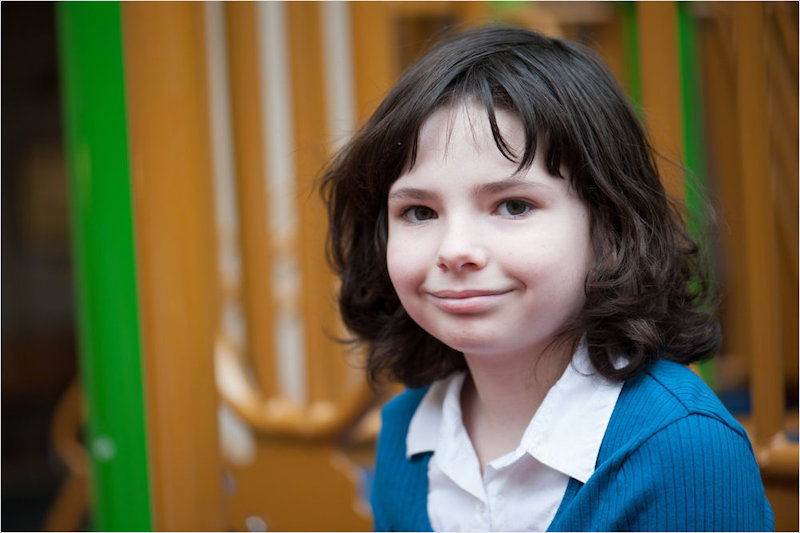
During the fifth grade when Samantha was 10 years old, she was bullied by a male classmate. She remembers walking through the halls of her elementary school and hearing the bully call out these words:
“Why are you on this earth? You don’t deserve to be alive.”
The bullying followed her every day. “I didn’t want to go to school because I knew he would be there. I was afraid,” says Samantha, now 15.
Weeks into the school year, the harassment and intimidation escalated and turned physical.
“It was usually mental [abuse], but at one point in fifth grade the bully came up to me, and he punched me on the back,” says Samantha quietly. That was the breaking point.
“I had enough,” says Samantha’s mother, Karen. “The verbal and physical abuse needed to stop.”
Samantha and her mother reported the incident to the school and the police resource officer. Another student, who witnessed the physical bullying, stepped forward and also reported the incident to the school. The bully was reprimanded by the officer; however, no further action was taken by Samantha’s school.
Although the daily torment ended, Samantha’s respite was temporary.
The bully’s verbal aggression resurfaced, and it started to impact Samantha’s schoolwork, self-esteem and overall health. Karen says her daughter exhibited many of the warning signs of being bullied — depressed mood, physical ailments and school avoidance.
“It started small with her belly hurting. Then she didn’t want to go to school,” says Karen. “Samantha stopped doing homework and spent as much time in the nurse’s office as she did in classes.”
Samantha missed 30 days of school that year due to bullying.
Finding a safe haven after being bullied
To help her daughter get the tools she needed to manage the effects of being bullied, Karen reached out to the Boston Children’s Hospital Bullying and Cyberbullying Prevention and Advocacy Collaborative (BACPAC).
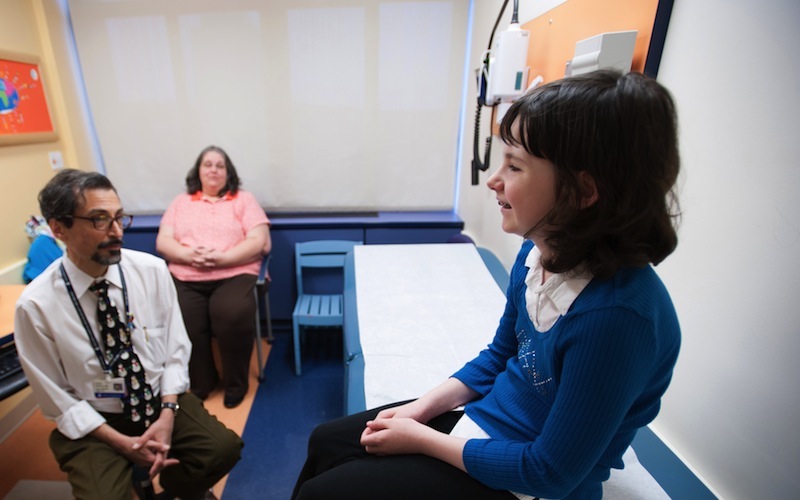
Samantha and Karen met with the BACPAC team, including pediatric neurologist and BACPAC Program Director, Dr. Peter Raffalli. Samantha shared her story of victimization, learned skills to combat bullying and was given tools to promote self-empowerment.
“Samantha spoke for two hours, and she told the team about the bullying. She was happy that someone who wasn’t a loved one validated she was being bullied, and it wasn’t her fault,” Karen recalls. “As she spoke, I could see the burden begin to lift from her shoulders.”
About the Boston Children’s BACPAC program
The BACPAC program was founded in 2009 and was initially framed as an anti-bullying resource for physicians and caregivers, families and school administration. In 2011, Raffalli and a team of physicians launched a formal patient-centered clinic, which has treated over 100 children since its inception.
The program is housed in the hospital’s Department of Neurology because the pediatric neurology patient population — typically, children with ADHD, autism and other learning disabilities, are at a significantly higher risk for peer victimization than the general population.
The BACPAC program is the first of its kind nationwide.
“Our goal was to establish a program where children faced with bullying and cyberbullying could come to be heard, learn their rights under federal and state laws and learn strategies that might help end the abuse,” Raffalli says.
During their appointment, Raffalli offered Samantha and Karen tools to combat bullying including:
- strategies to help end bullying situations and bullying-prevention advice for the future
- empowerment strategies on how to develop a network of adult staff at school that could be available to her and who could advocate for her at the level of the principal’s office when reporting bullying
- ways to improve Samantha’s friendship group as a strong friendship group (this has been shown to be an insulating factor against bullying)
- education regarding their rights under the Massachusetts anti-bullying legislation
- a list of various state agencies that could be called upon if the family feels the school is not adequately troubleshooting the situation
- reports and recommendations to share with the school in the hopes that the suggestions could be used by the school to protect Samantha
Samantha says she felt better about returning to school after visiting the BACPAC program and meeting Raffalli. “He made me feel happy and made me feel like even though I was getting bullied I could get through it.”
The importance of empowerment
Samantha completed the fifth grade and moved onto a regional middle school with greater strength and empowerment. Today, Samantha has a great group of friends, is in all honors classes, plans to tryout for track and field this spring and continues to lean on the tools she learned from the BACPAC program.
When asked why she wanted to share her story, Samantha says without hesitation, “…because I don’t want any other kid to go through what I went through.”
“Samantha showed great courage and a determination to survive the situation,” Raffalli says. “She is very bright and articulate, and I am very impressed with her strength.”
Learn more about the Boston Children’s Bullying and Cyberbullying Prevention and Advocacy Collaborative (BACPAC).
Related Posts :
-

The thalamus: A potential therapeutic target for neurodevelopmental disorders
Years ago, as a neurology resident, Chinfei Chen, MD, PhD, cared for a 20-year-old woman who had experienced a very ...
-

Could peripheral neuropathy be stopped before it starts?
An increase in high-fat, high-fructose foods in people’s diets has contributed to a dramatic increase in type 2 diabetes. This, ...
-

Status epilepticus: What’s changed, what to know, and a global perspective
Status epilepticus, or a prolonged seizure lasting more than five minutes, is a rare complication of epilepsy and a medical ...
-

AI-enabled medical devices are burgeoning, but many haven’t been tested in children
Medical devices that incorporate artificial intelligence and machine learning are proliferating. In 2013, the FDA approved fewer than 10 such devices; by 2023, ...


